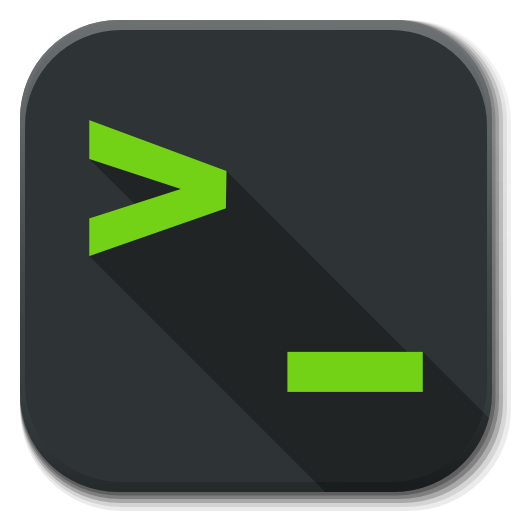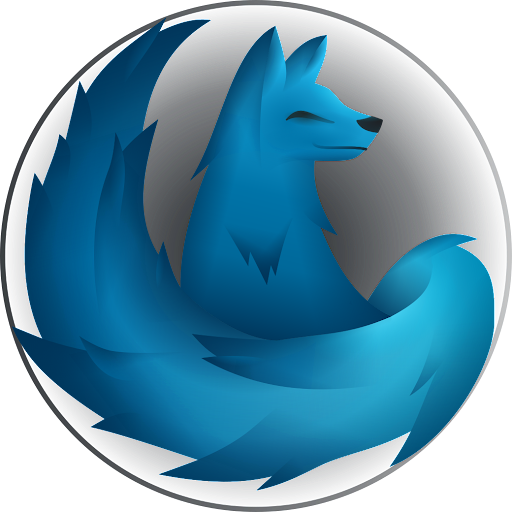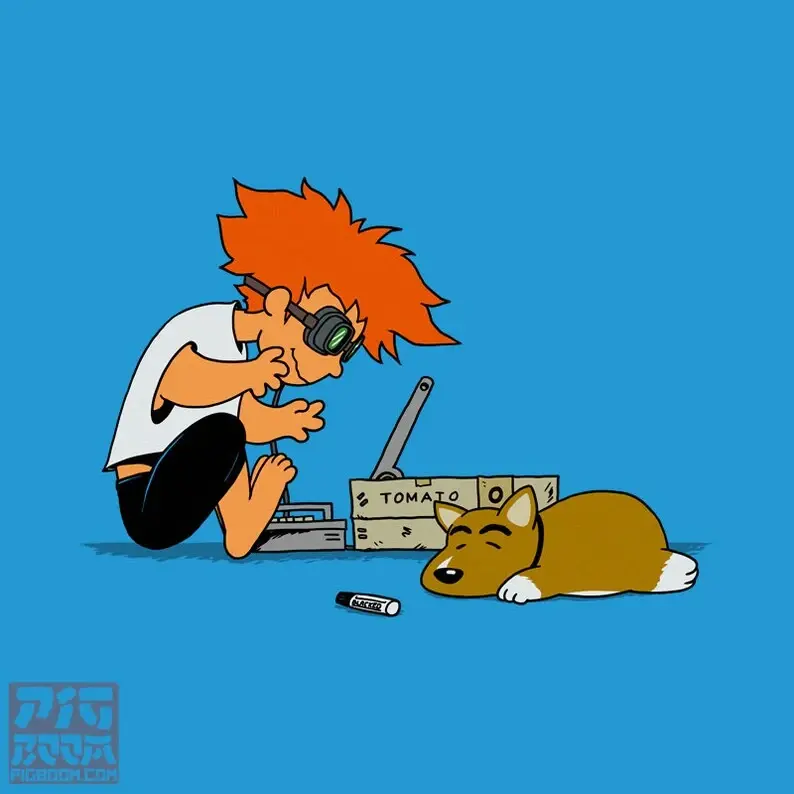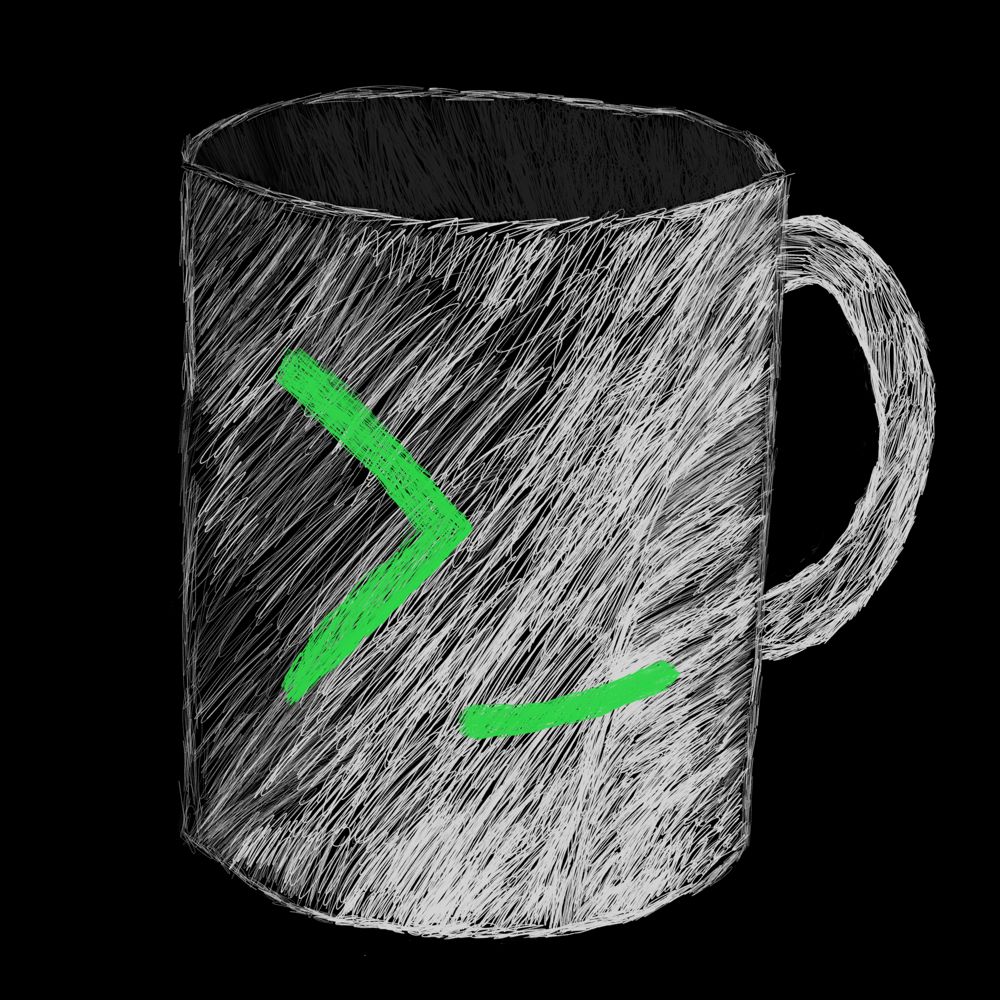For me its honestly a ton of my work software (digital forensics), shit is too niche to be replaced by good FOSS options. Cellebrite, Magnet Axiom, etc. Autopsy is great and free and has a linux version but it simply cannot get the same level of data without a pretty nutty level of custom code.
And the biggest side effect of this is FUCKING WINDOWS. God I would replace this nightmare OS in a heartbeat if the aforementioned work software would make linux compatible versions. We have legitimately wasted 10k hours dealing with windows bullshit that would not be a problem in linux. Though im sure linux would take a different 10k for its own problems.
What about you guys? Doesn’t have to be work related, thats just the thorn in my side right now.
Facebook messenger bc of my waterpolo teammates, discord, google maps bc im horrible at using maps and other apps are just too hard for me lol. Spotify bc i have all my liked songs and albums on it and im too lazy to migrate. On the desktop side everything i use is foss basically.
What FOSS Map apps have you tried?:)
Osmand and orgabic maps. Google maps just feels like home to me.
OSX. I miss Ubuntu/Gnome’s configurable key bindings so much.
Karabiner elements if you haven’t tried. Had so much fun, customising is with just a json file. Most common layouts and some cool ones are already available on their site for download.
Honestly had a much better experience with mac than on linux or win simply bcos of that piece of software. Its mac only sadly.
Looking now it seems to have changed a bunch with more features than when I used it back in 2021. Might not even need to work directly on json files.
deleted by creator
Firmware in all the consumer devices I want to hack, but don’t want to reverse engineer.
Dropbox, Google Photos, Snapseed
NextCloud is probably the best option but prepare to pay for storage. You’ll need a NAS with at least two HDDs and personally I would also pay for cold storage to have offsite backups in case something happens to both disks.
I’m going down that route now and at a glance, a 18TB setup will cost me at least $700 (local currency) all in all. ~$400 for the disks and another $300 for the server.
Surely all those do have FOSS alternatives?
deleted by creator
Dropbox has the feature that lets me scan PDFs using the phone camera. It also doesn’t need me to self-host.
Google Photos allows quick refinements to a photo and sharing all the pictures with someone’s face in a gallery that they can then see, automatically.
I don’t know any alternative to Snapseed on mobile, and there’s barely anything as simple and polished on the desktop.
OCR for pdf scanning, open note scanner work well enough.
photoshop.
Krita maybe? Not 100% the same though
For my (admittedly nonprofessional) use cases, I have found nothing that Krita, Gimp, or Inkscape could not handle. Honestly, I think the UI is equal or better as well.
On android, i wish Xplore file manager had an alternative. Didn’t find anything to replace it. Dualpane file managers are the best. (btw, its one of the app where donating to dev really feels like he deserves it ).
Google Play Services
Microg?
Or sandboxed Google play on GrapheneOS
Pretty much anything on my phone. Though I have recently found f-droid, and through that I found Phonograph. I wish open street maps could replace google maps, but I really don’t know what it’s trying to do.
deleted by creator
I prefer Organic Maps as an OSM Android App, I’ve found it to be a bit easier to use and more reliable than OsmAnd!
@cnnrduncan @smpl
I use Organic Maps on iPhone and think it’s great.Thanks, I’ll have to try both of those! (☞ ͡° ͜ʖ ͡°)☞
OSM has much better coverage in Europe as more volunteers contibute. I heard it’s not that great in the US.
You should also check out Droid-ify if you like F-Droid. Has more sources, notably those apps on Github which aren’t on F-Droid. Since it can grab apps from Github directly, it gets updates much faster than F-Droid.
Ooo that sounds swell!
Any program that communicates with USB connected hardware via a non-standard, Windows only USB driver as provided by the hardware vendor. In other words, you can’t just plug a device into any OS and start programing it via a standard USB driver.
Discord and Windows. I have had so many bad experiences whenever I have tried Linux that I am extremely reluctant to give it another go despite all the improvements it has made.
Pop OS has been a windows killer for me.
Revolt Chat has a bootstrapping problem like most new social software.
I love Linux, but it is definitely not for everyone. I’m a software engineer, so debugging weird software issues is just a normal part of my life. Sometimes really weird stuff happens. Recently I had an software update repository that my package manager was pointing to go down, so all software updates were failing. I had to figure out where that repo was being added and remove it. As far as I can tell, it was a default one that was installed with Ubuntu, so not even one that I added. I don’t think I can blame myself on this one (usually I can). If the average Windows user had that happen, they would just abandon Linux.
You basically have to have a personality where you don’t mind fidgeting with things constantly to get things to work. If that isn’t you, then Linux just isn’t for you.
That is exactly the sort of problem that made my experiences with Linux so awful. I also had very bad interactions with other Linux users when I asked for assistance with fixing the problems I was encountering.
I consider myself decently tech-savvy and I have been building and running Windows machines my entire life, but Linux just feels impenetrable by comparison.
Yes, Linux user can sometimes not be the most welcoming bunch. There is definitely a large subset of Linux user that are what I would call elitists. These people think they are better than others because they use Linux (think “I use arch btw” people). Answers like, “lmao you should already know the answer to the question you are asking” are just not helpful to anyone or anything other than their own ego.
Hey,i would be glad to hear ur problems which u had during linux experience and possibly to solve all of them :)
Thanks for the offer! I don’t use any form of Linux on my desktop at the moment, however, and don’t plan to for the foreseeable future.
I would note that ChromeOS is mainstream with normal users and it is effectively a well curated, highly-opinionated Linux distribution. Distros like opensuse Aeon and Kalpa, and Fedora Silverblue, are going from well established platforms into the highly curated, highly-opinionated direction as well. Limited set of options that work well out of the box not prone to breaking, and explicitly not for tinkerers. I tend to think that if Linux is ever going to reach mainstream users (outside of ChromeOS), it will be through these bulletproof, opinionated distros that put bubble wrap around the user.
My laptops BIOS
For me it’s Adobe After Effects. Yeah, I can do most of what it does in a combination of blender, natron, gmic, etc… but I really like the workflow of AFX. Not having that tool was one of the hardest parts of cancelling my Adobe subscription. Nowadays I would even settle for a non-foss alternative. As long as it’s running on Linux. But so far, that has not happened (I use other non Foss tools that work great, like resolve/fusion and Houdini… but I still miss AFX)
Edit: yeah, I missed a detail in the question: I do not currently use AFX but used it a lot in the past and am now trying to replicate workflows I based on it with other tools… still miss it a lot and would give a lot to have a solid alternative…
Photography software in general.
Photo Mechanic, On1 plugins, and Capture One - there isn’t a single piece of FOSS photography software that is remotely useful for my use cases.
High volume tethered shooting with automatic application of edits and adjustments in separate layers is basically impossible.
Fast culling of hundreds or thousands of images along with applying metadata with templates is also not really possible.
Darktable and Digikam are okay Lightroom replacements, but they don’t come close to touching what is available in the proprietary world. Rawtherapee doesn’t do tethering at all, and isn’t very good at what it does do compared to On1 Photo Raw or Capture One.
I am planning on writing a graphical interface for gphoto2 (a Linux camera remote library) which will allow for tethered shooting and some other neat things (like using a computer as an intervalometer). I might also write a web interface for it, so it will allow for using a table or phone to remote control a camera and allow the user to check on timelapses, but it will take a while to get it all to work.
OneNote on my foldable laptop. I use it to take notes in uni simply because it’s the best option out of all the ones I’ve tried. I like OneNote’s stabilization and infinite canvas. What annoys me tho is that you cannot set the canvas to paged, so if you’re planning on exporting to pdf you have no idea where the page boundaries are.
With the last Windows 11 update they fucked it up tho and now the app is garbage anyways
I use OneNote at work and Joplin, saved to a cloud drive, at home. It’s not as good, but close enough for my needs. I can access my personal notes on all my pcs and my phone.
Rnote is pretty good for handwritten notes, the canvas can be paged too.
I’ll give that a shot! OneNote is literally unusable since the last Windows update because the on-screen keyboard keeps popping up everytime I touch the screen. then it goes away immediately and leaves a bugged white rectangle on the canvas
Joplin.
Take a look at https://github.com/zadam/trilium
deleted by creator
notion is also not FOSS though. and i had bad experiences with the mobile app when cell service is bad.
AnyType is an open-source alternative to Notion which recently launched:
Notesnook is free, e2ee, nice ui, and has cloud sync. Recommmend
Not really the same thing at all if there’s no handwriting support.

















